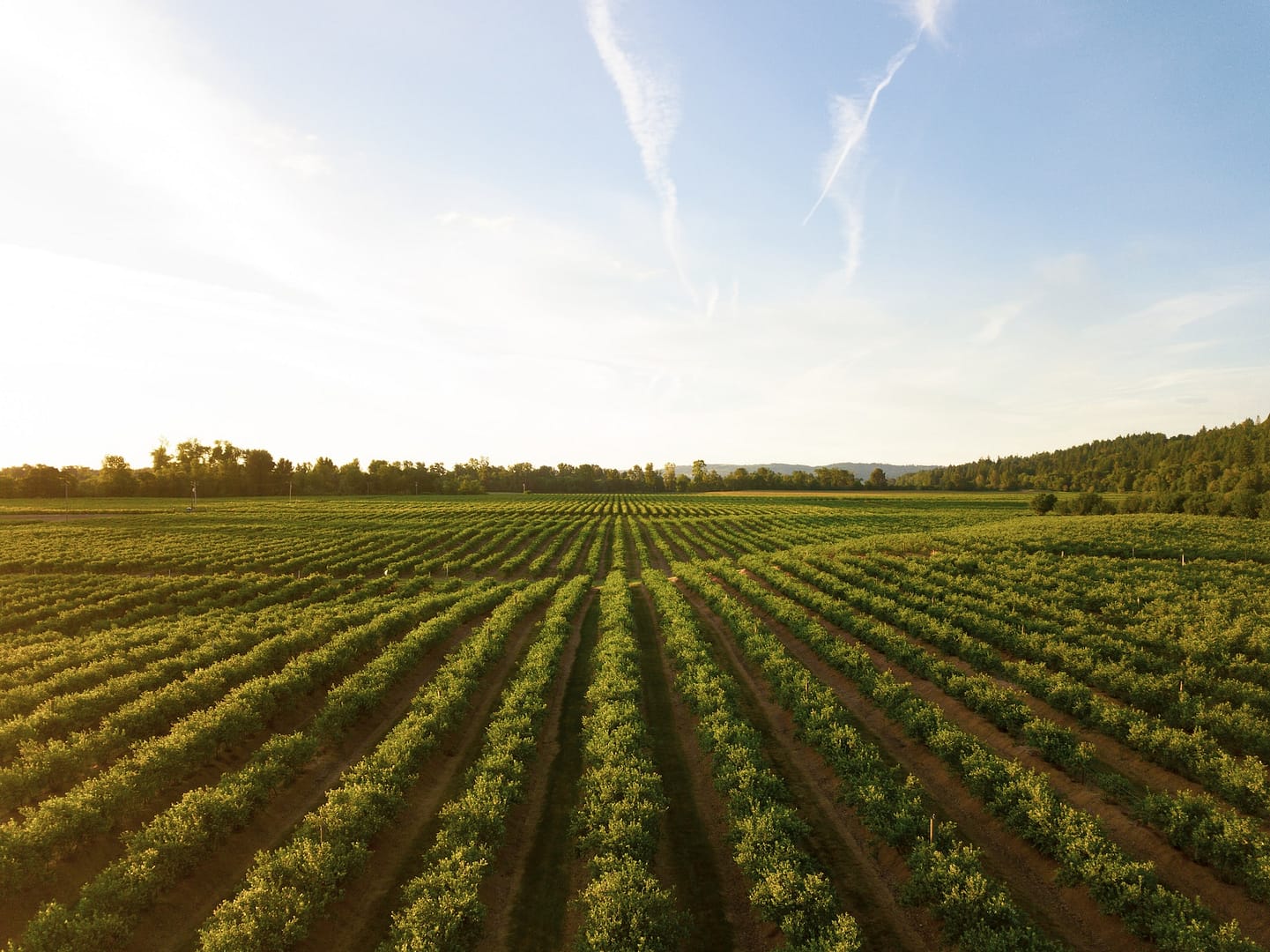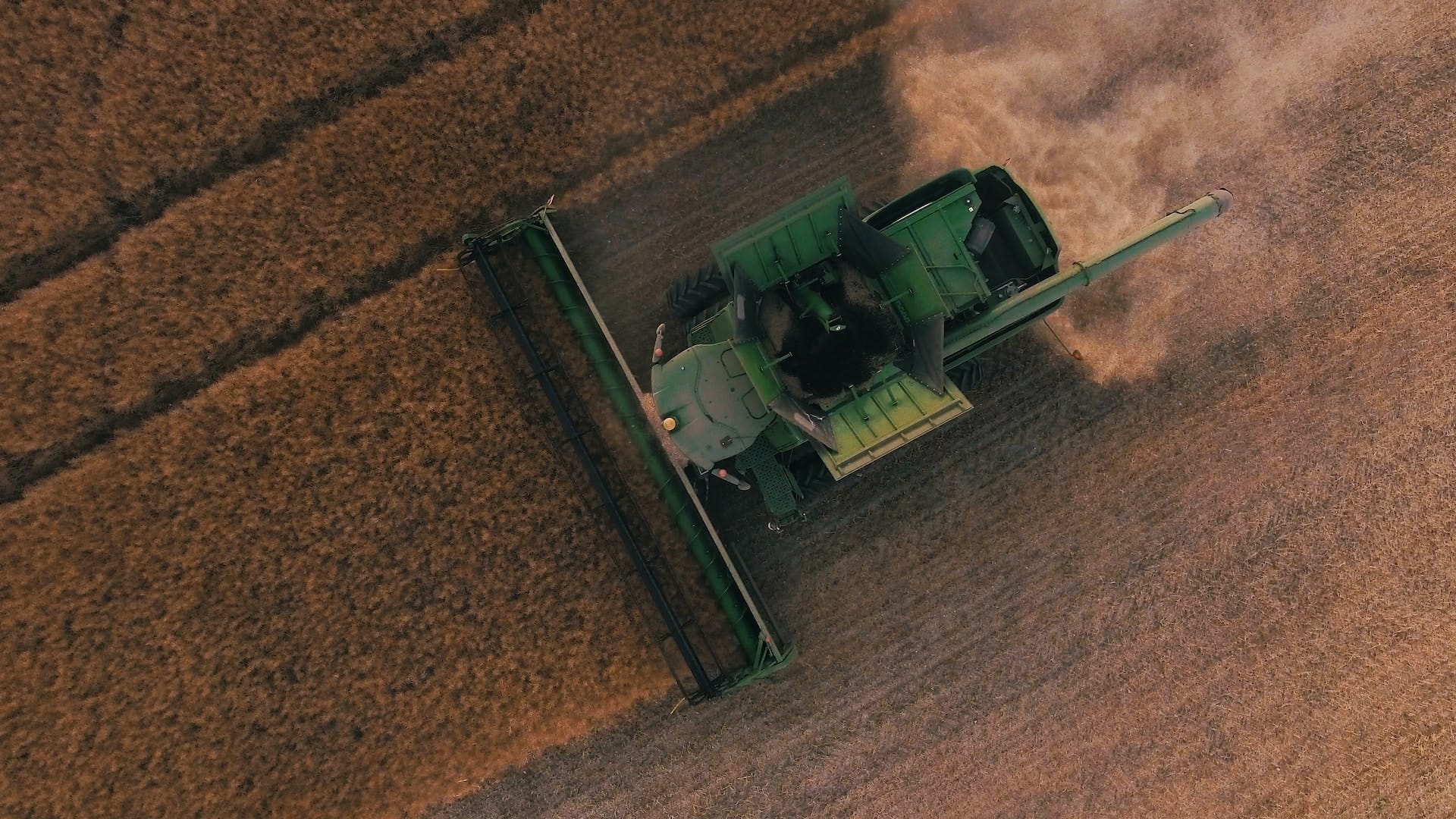Agriculture, the backbone of our society, plays a vital role in feeding the world’s population. From tending to crops to caring for livestock, the tireless efforts of farmers and agricultural workers are commendable. However, behind the scenes, there lurks a host of risks that come hand in hand with this noble profession. In this article, we will delve into the top risks of agricultural work, explore common agricultural injuries, shed light on the measures that can be taken to mitigate these dangers and provide information on how best to start an injury at work claim.
The Top Risks in Agriculture
Agricultural work presents a multitude of risks that can compromise the safety and well-being of those involved. Let’s take a closer look at some of the most prevalent hazards in the field:
Machinery Accidents
Farming often involves the use of heavy machinery such as tractors, combines, and harvesters. Despite technological advancements designed to enhance safety, accidents still occur. Malfunctioning equipment, improper use, or lack of training can result in serious injuries or even fatalities.
Chemical Exposure
Pesticides, fertilizers, and other chemicals are frequently used in agriculture to protect crops and increase yield. However, prolonged exposure to these substances can have detrimental effects on human health. Skin irritations, respiratory problems, and long-term illnesses are among the risks faced by agricultural workers who come into contact with these chemicals.
Slips, Trips, and Falls
Working in the agricultural sector often involves navigating uneven terrains, slippery surfaces, and elevated platforms. As a result, slips, trips, and falls are common occurrences. These accidents can lead to broken bones, head injuries, or sprains, hampering the physical capabilities of workers and affecting their livelihoods.
Livestock-Related Injuries
For those involved in animal husbandry, handling livestock is an integral part of their daily routine. However, working with unpredictable and powerful animals comes with inherent risks. Farmers and agricultural workers may face injuries such as kicks, bites, or crushing incidents when interacting with livestock, jeopardizing their safety.
Heat-Related Illnesses
Agricultural work often exposes individuals to extreme weather conditions, especially in outdoor settings. Exposure to high temperatures, combined with physical exertion, can result in heat-related illnesses such as heat stroke or exhaustion. These conditions can be life-threatening if not recognized and addressed promptly.
Common Agricultural Injuries
While the aforementioned risks highlight some general dangers faced by agricultural workers, it is essential to delve deeper into specific injuries that commonly occur:
Hand Injuries
Working with sharp tools and machinery makes hands particularly vulnerable to injuries. Cuts, lacerations, and amputations are frequent occurrences when handling equipment or performing manual tasks.
Respiratory Problems
Exposure to dust, mould spores, and harmful chemicals can lead to respiratory issues such as asthma, bronchitis, or chronic obstructive pulmonary disease (COPD). Prolonged exposure without adequate protection can have long-term consequences for the respiratory system.
Musculoskeletal Disorders
Repetitive motions, heavy lifting, and prolonged physical exertion can contribute to musculoskeletal disorders in agricultural workers. Conditions like back pain, joint problems, and tendonitis can significantly impact mobility and overall well-being.
Hearing Loss
Operating noisy machinery without proper hearing protection can result in permanent hearing loss over time. The constant exposure to high noise levels in agricultural settings puts workers at risk of developing noise-induced hearing loss.
Dermatological Conditions
Contact with irritants, chemicals, and prolonged sun exposure can lead to various skin conditions, including dermatitis, sunburn, or skin cancer. Agricultural workers, often exposed to these risk factors, must take measures to protect their skin from potential harm.
Mitigating the Risks
While the risks associated with agricultural work are daunting, there are proactive steps that can be taken to mitigate them. Here are some measures that can enhance safety in the agricultural industry:
Training and Education
Providing comprehensive training programs to agricultural workers is crucial. Properly trained individuals are more likely to identify and address potential hazards, operate machinery safely, and implement appropriate safety measures.
Personal Protective Equipment (PPE)
Equipping workers with the necessary PPE is essential in safeguarding their well-being. Protective gear, including gloves, helmets, goggles, and masks, can shield workers from potential injuries and chemical exposure.
Regular Maintenance and Inspections
Ensuring that machinery and equipment undergo routine maintenance and inspections can prevent malfunctions and reduce the likelihood of accidents. Regular checks also allow for the identification and timely resolution of potential issues.
Safe Handling Practices
Encouraging safe handling practices when working with livestock, chemicals, or heavy machinery can significantly minimize the risks involved. Implementing proper protocols and guidelines ensures that workers are aware of the best practices to follow in their daily tasks.
Adequate Breaks and Hydration
Providing sufficient rest breaks and access to hydration stations helps combat the risks associated with heat-related illnesses. Encouraging workers to take regular breaks and hydrate properly can protect them from the adverse effects of prolonged exposure to high temperatures.
Making an Injury at Work Claim
When agricultural workers experience injuries or illnesses due to work-related accidents, it is essential for them to understand their rights and options. Making an injury at work claim can help workers seek compensation for medical expenses, lost wages, and other damages incurred. Here are some key considerations:
Seek Medical Attention
The well-being of the injured worker should be the top priority. Seeking prompt medical attention is crucial not only for receiving appropriate treatment but also for documenting the extent of the injuries.
Report the Incident
It is vital to report the accident or injury to the employer or supervisor as soon as possible. This documentation establishes an official record of the incident, which can support the worker’s claim later on.
Document and Gather Evidence
Gathering evidence related to the accident or injury is essential for building a strong case. This may include photographs, witness statements, medical records, and any other relevant documentation that can support the claim.
Consult with National Claims
Seeking guidance from us at National Claims can provide valuable guidance throughout the claim process. We will help navigate the claims process, ensure the worker’s rights are protected, and advocate for fair compensation.
Follow the Claim Process
Each jurisdiction may have its own specific procedures for filing a workers’ compensation claim. It is important to follow the designated process, meet deadlines, and provide all necessary information to ensure the claim is properly processed.

Conclusion
Agricultural work is not without its risks, as we have explored in this article. From machinery accidents to chemical exposure and injuries related to livestock handling, agricultural workers face numerous hazards in their day-to-day tasks. However, by understanding these risks and implementing appropriate safety measures, the agricultural industry can strive towards a safer working environment.
Promoting comprehensive training, providing personal protective equipment, conducting regular inspections, and encouraging safe practices are crucial steps in mitigating the risks faced by agricultural workers. Additionally, ensuring access to medical care and understanding the process of making an injury at work claim can help protect the rights and well-being of workers who experience work-related injuries or illnesses.
Ultimately, by prioritizing the safety and welfare of agricultural workers, we can support the backbone of our food production system while creating a sustainable future for all. It is our collective responsibility to recognize the risks, take action, and foster a culture of safety in the agricultural industry.
Contact us today and start your claim with us. Visit us too to learn more about how we deal with injury at work claims.
Click below to see why we are one of the most trusted claims management companies in the UK.

We’re proud of our excellent customer reviews
We thrive on delivering exceptional service and ensuring our clients’ satisfaction. Don’t just take our word for it. Check out some of our independent reviews to see what our clients have to say.
Excellent

This firm is excellent, they sorted out my car pay out and injury claim very fast, they always communicate with you all the time.

My accident case was dealt with confidence and with great result of the outcome, especially James kept me informed all the time.

I was very impressed at the way my inquiry was treated. I was listened to attentively and everything I needed to know was explained to me.






